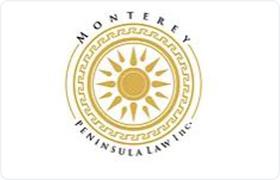Isleton Estate Lawyer, California
Sponsored Law Firm
-
 x
x

Click For More Info:
-
Monterey Peninsula Law Inc.
31 Upper Ragsdale Dr. Suite 3 Monterey, CA 93940» view mapEstate and Landlord-Tenant Law Serving The Monterey Bay Area
Monterey Peninsula Law Inc. is devoted to our clients. We have a team of attorneys who are knowledgeable, expedient, and meticulous about details.
831-444-6637
Jerry D Hall
Corporate, Business & Trade, Business Organization, Estate Planning
Status: In Good Standing
 Dutch Meyer Monterey, CA
Dutch Meyer Monterey, CA Practice AreasExpertise
Practice AreasExpertise
